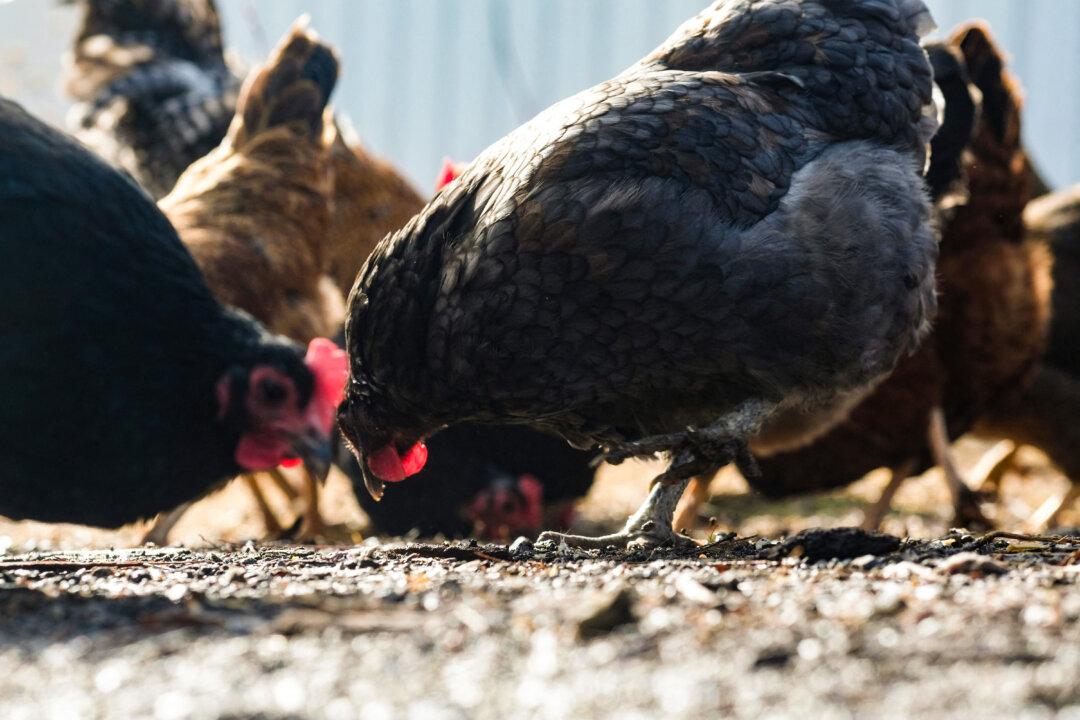Michigan authorities on May 1 issued an emergency order to try to stem the spread of the highly pathogenic avian influenza A after the influenza was detected in multiple dairy herds and poultry flocks in the state.
The order prohibits the exhibition of all lactating dairy cattle until there are no new cases of the influenza, also known as the bird flu, in cattle in the state for at least 60 days. Farmers are also being prevented from exhibiting any dairy cattle from farms that have confirmed avian influenza cases.





